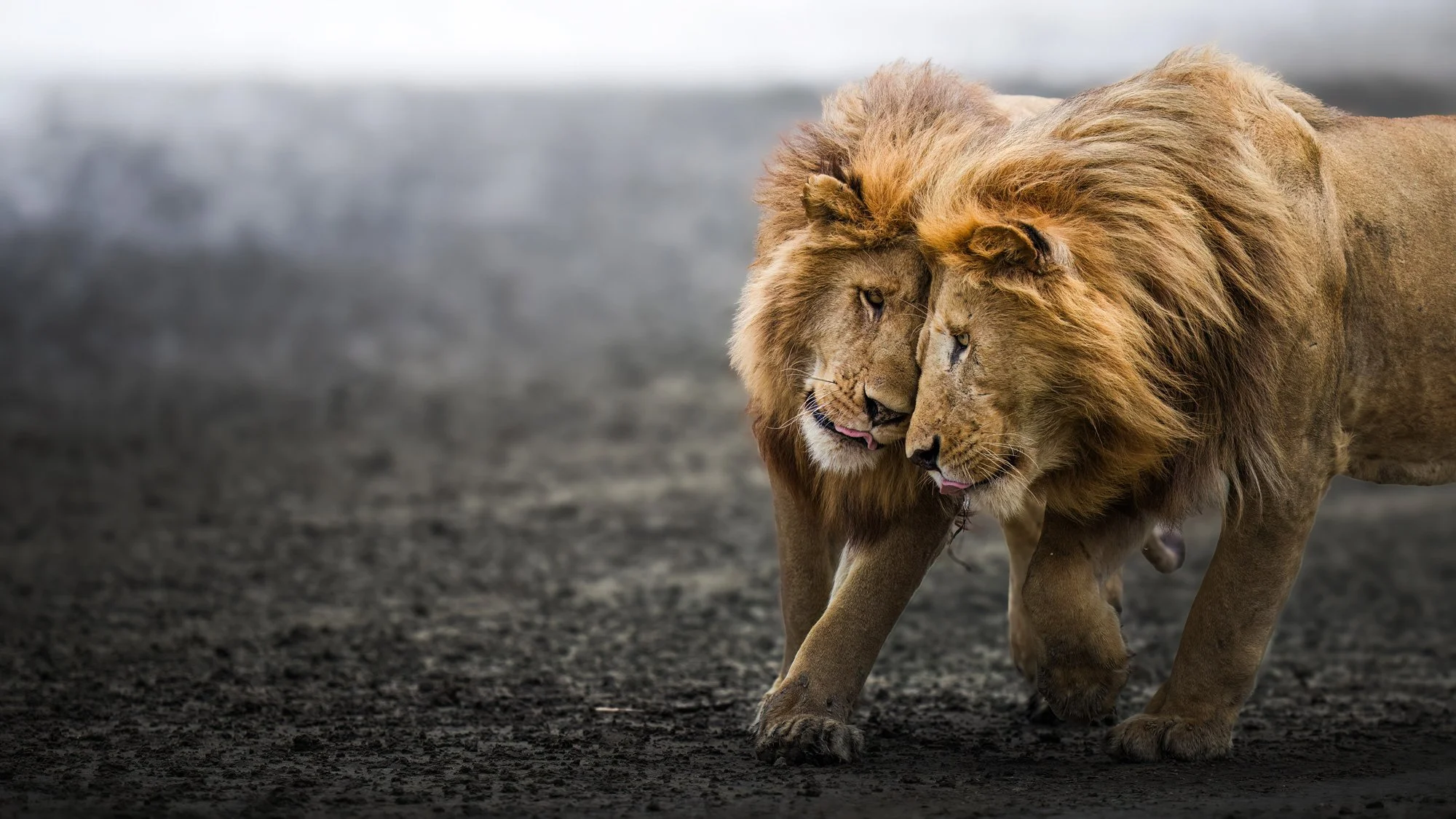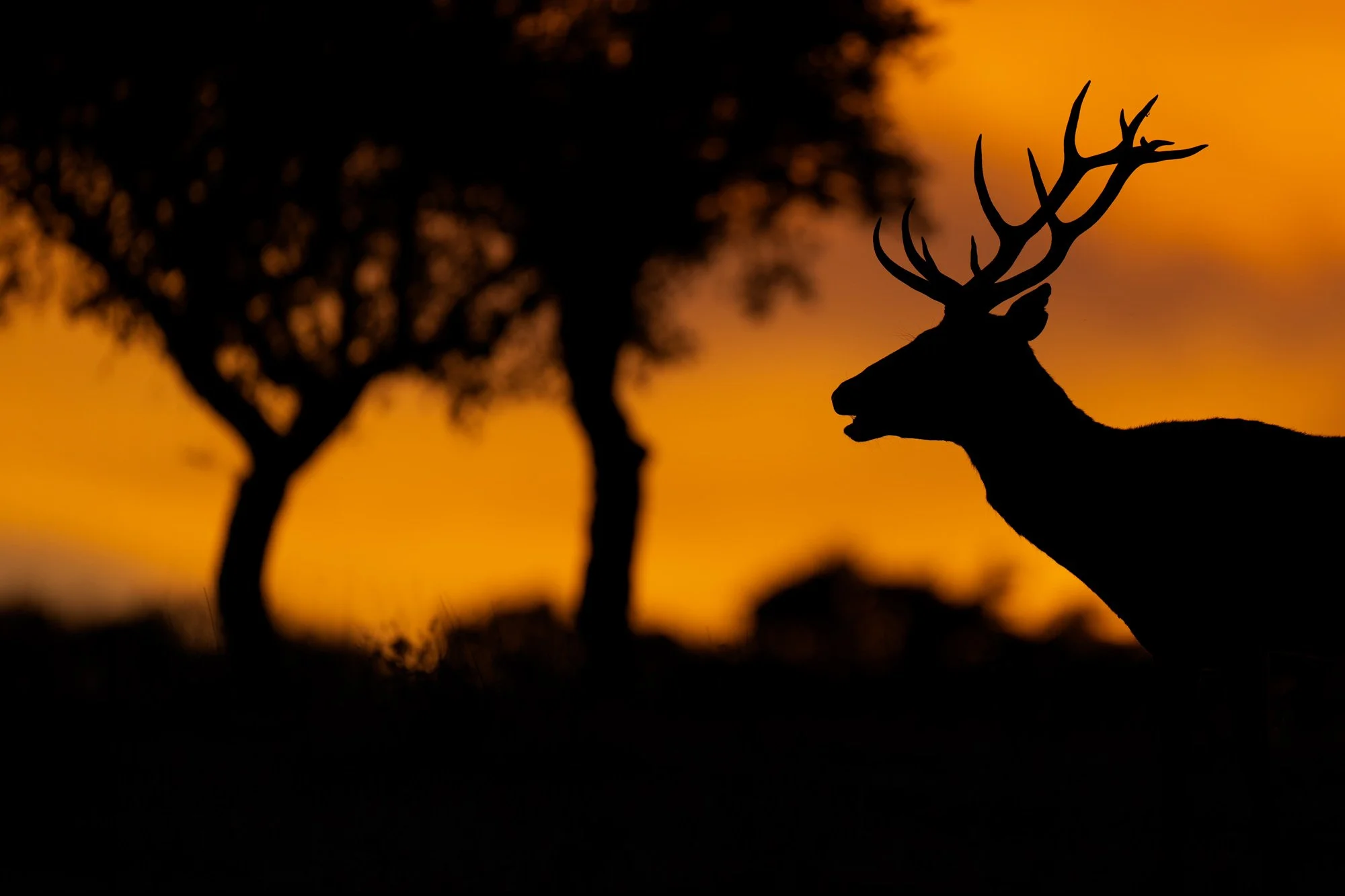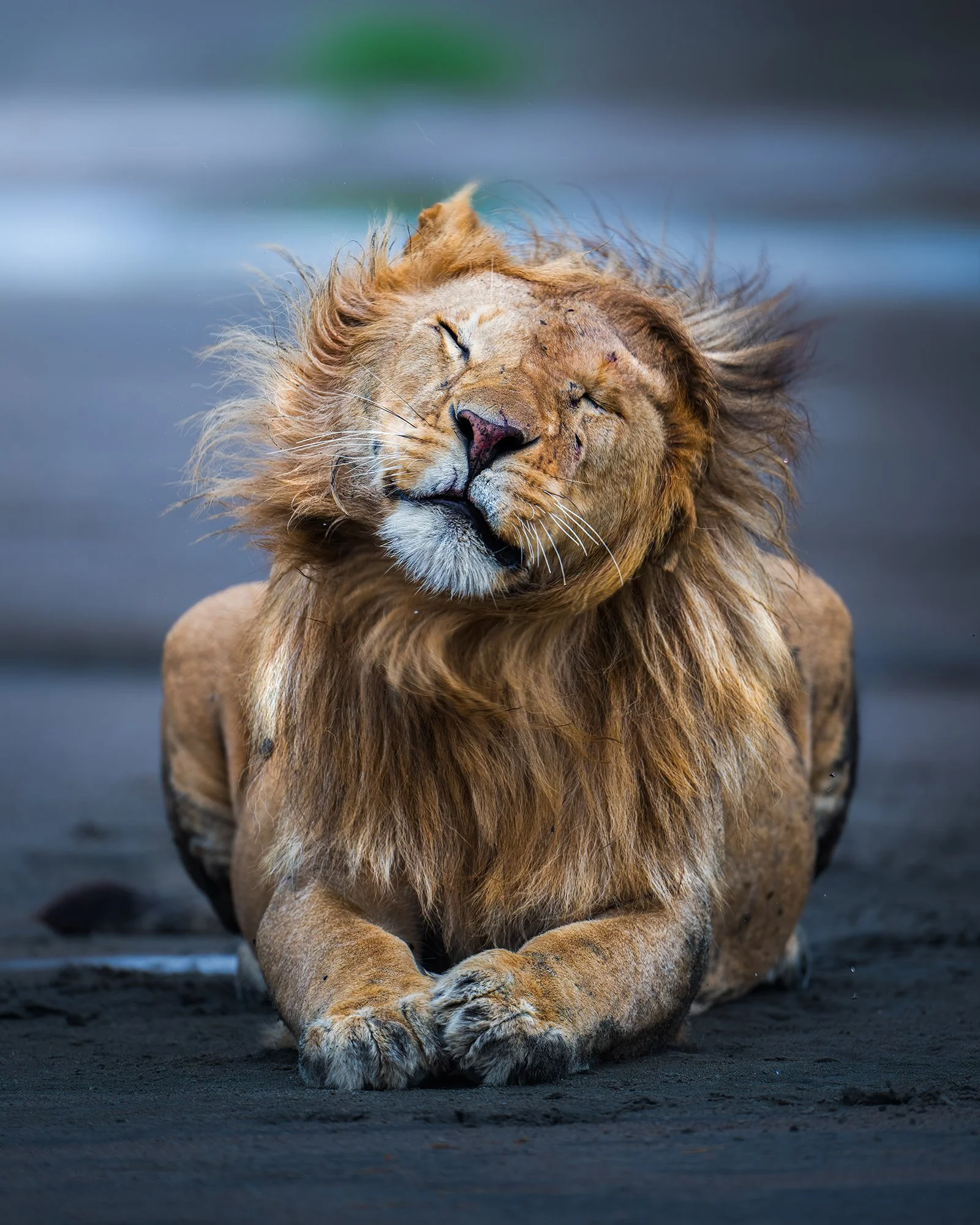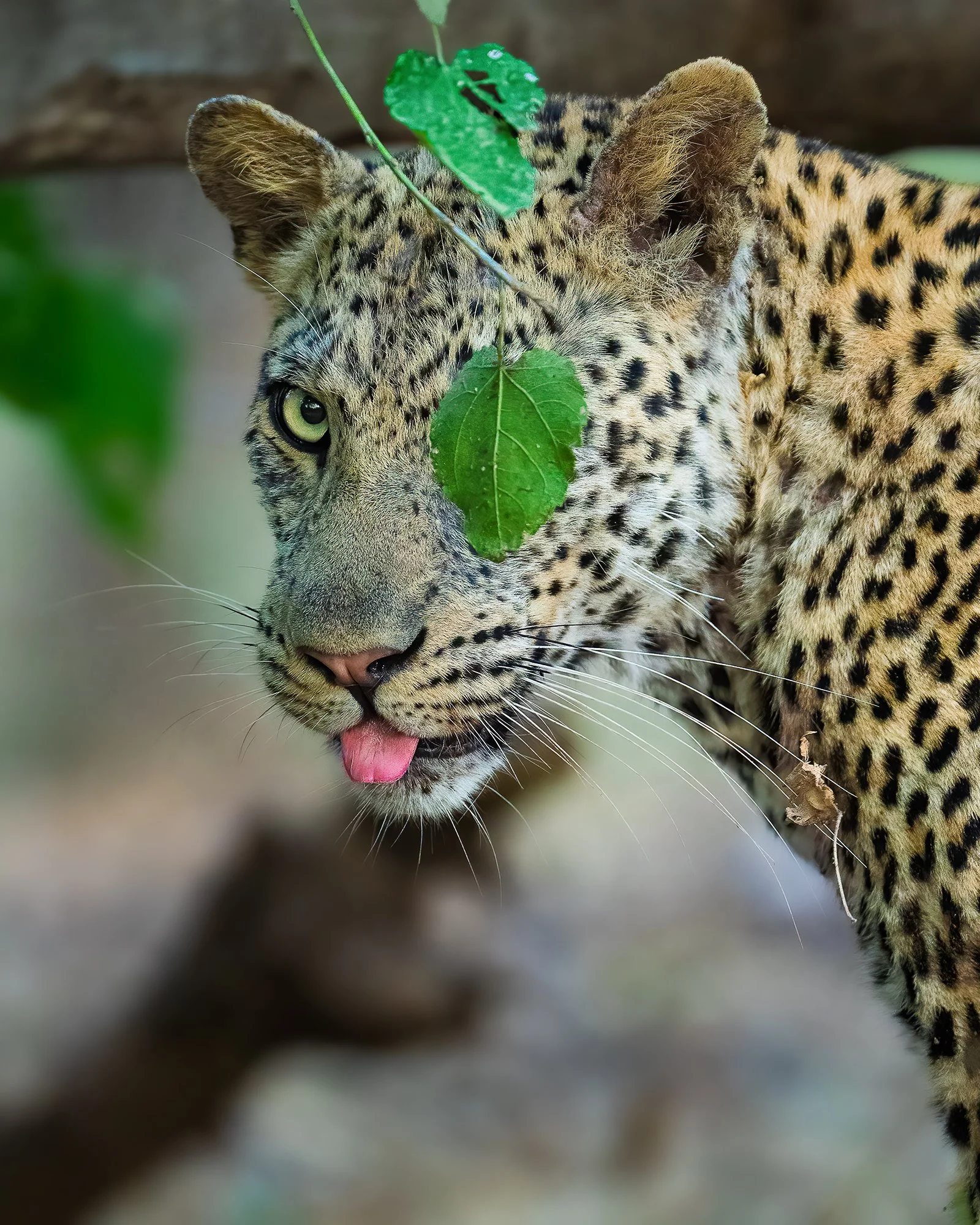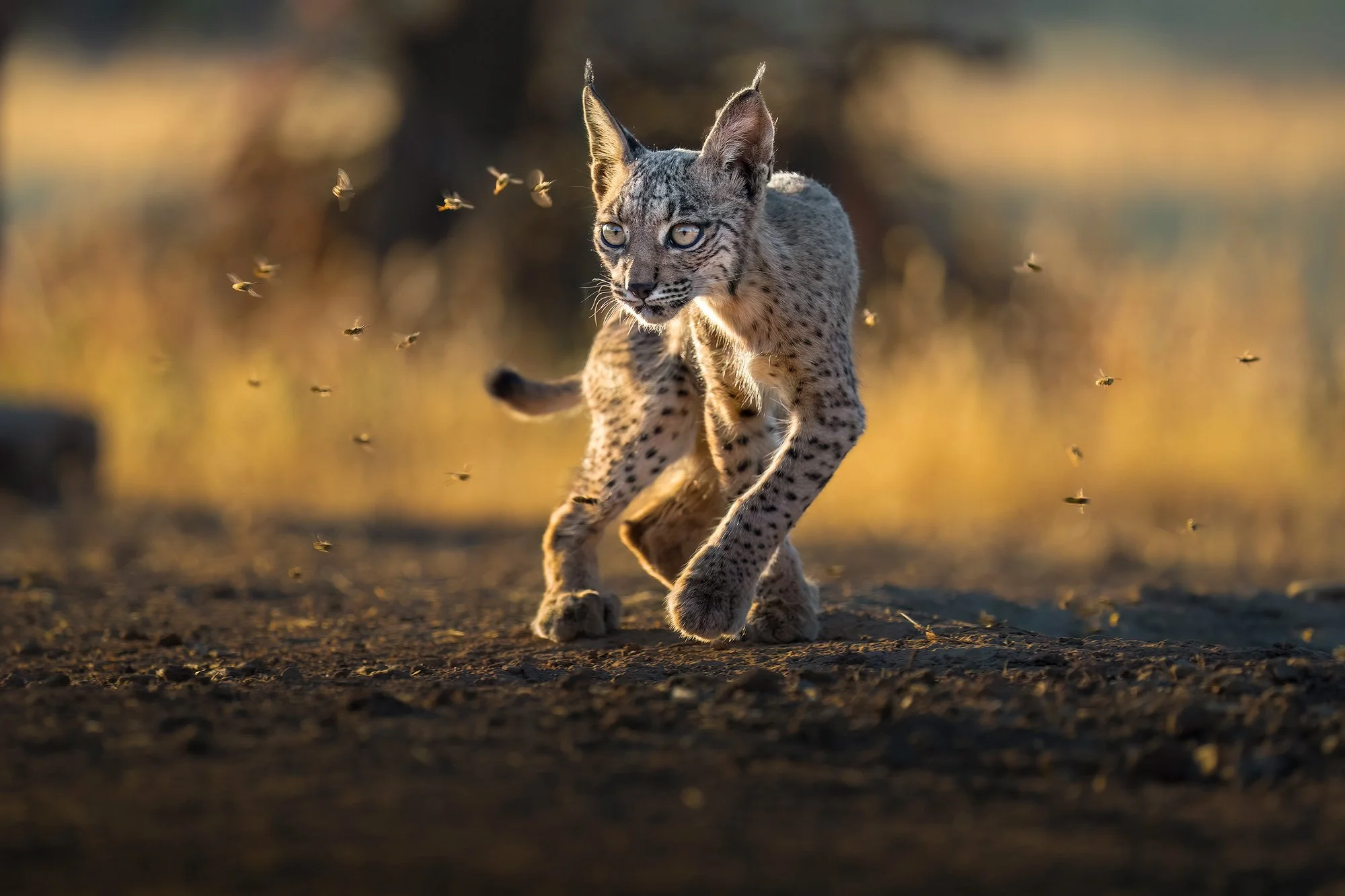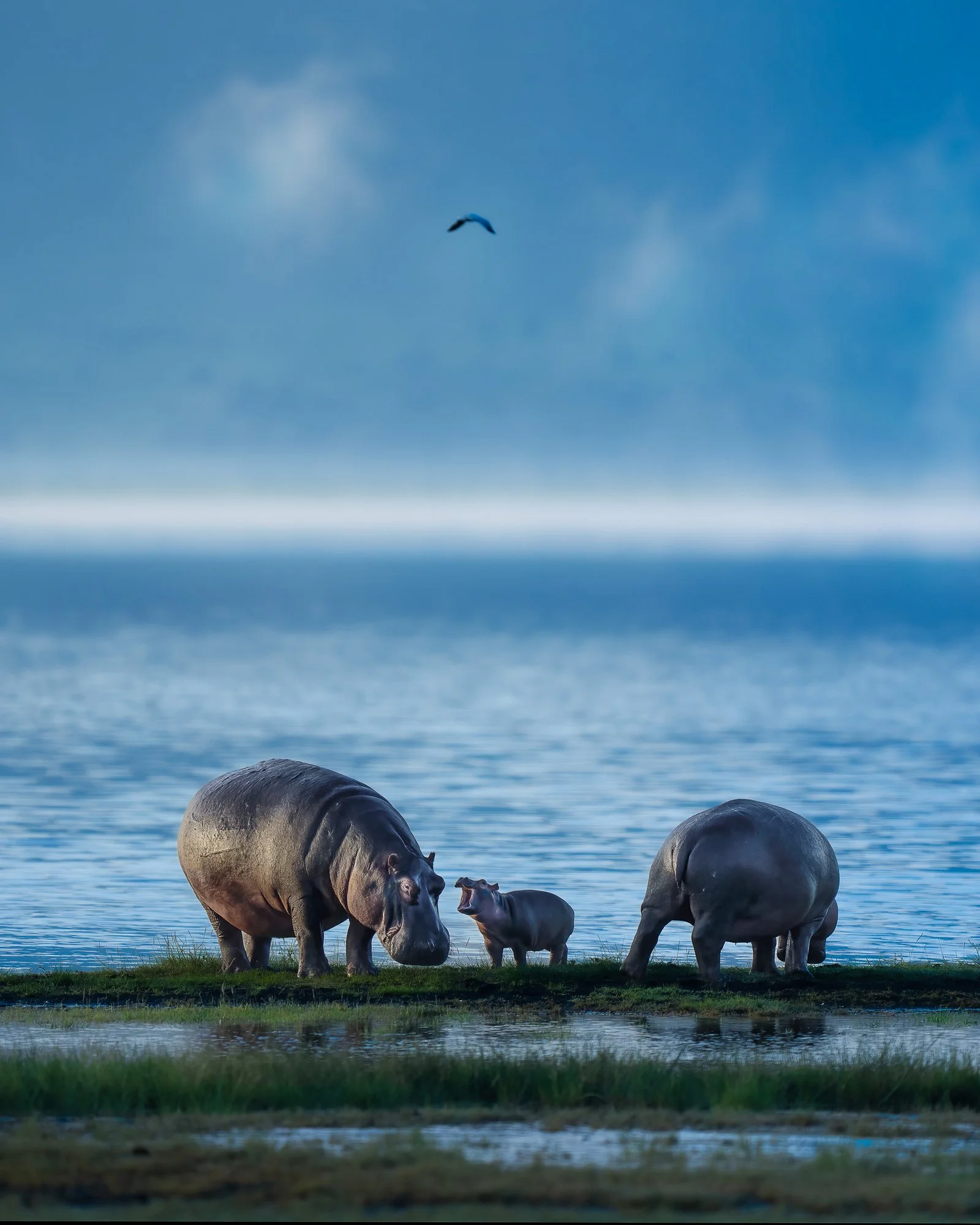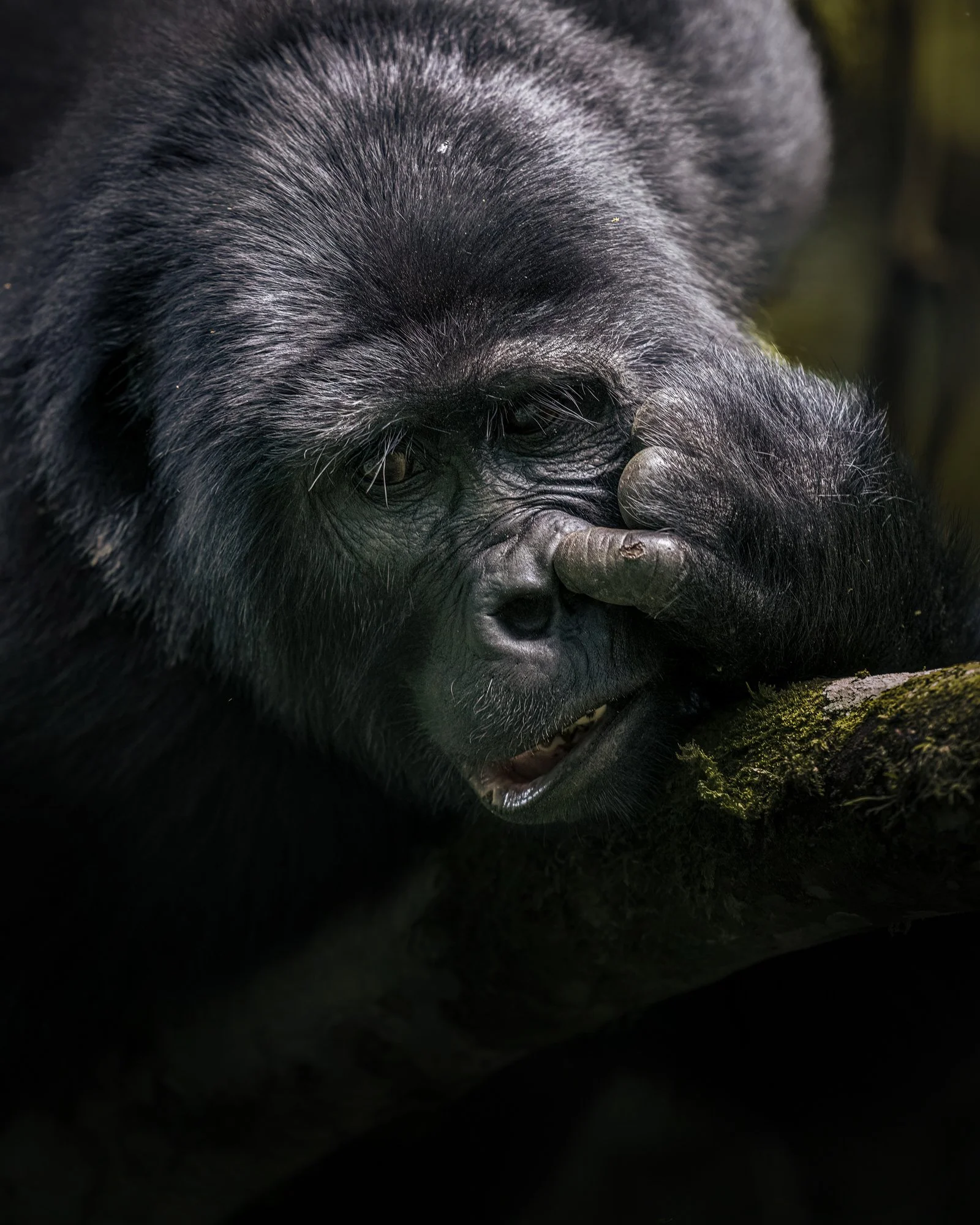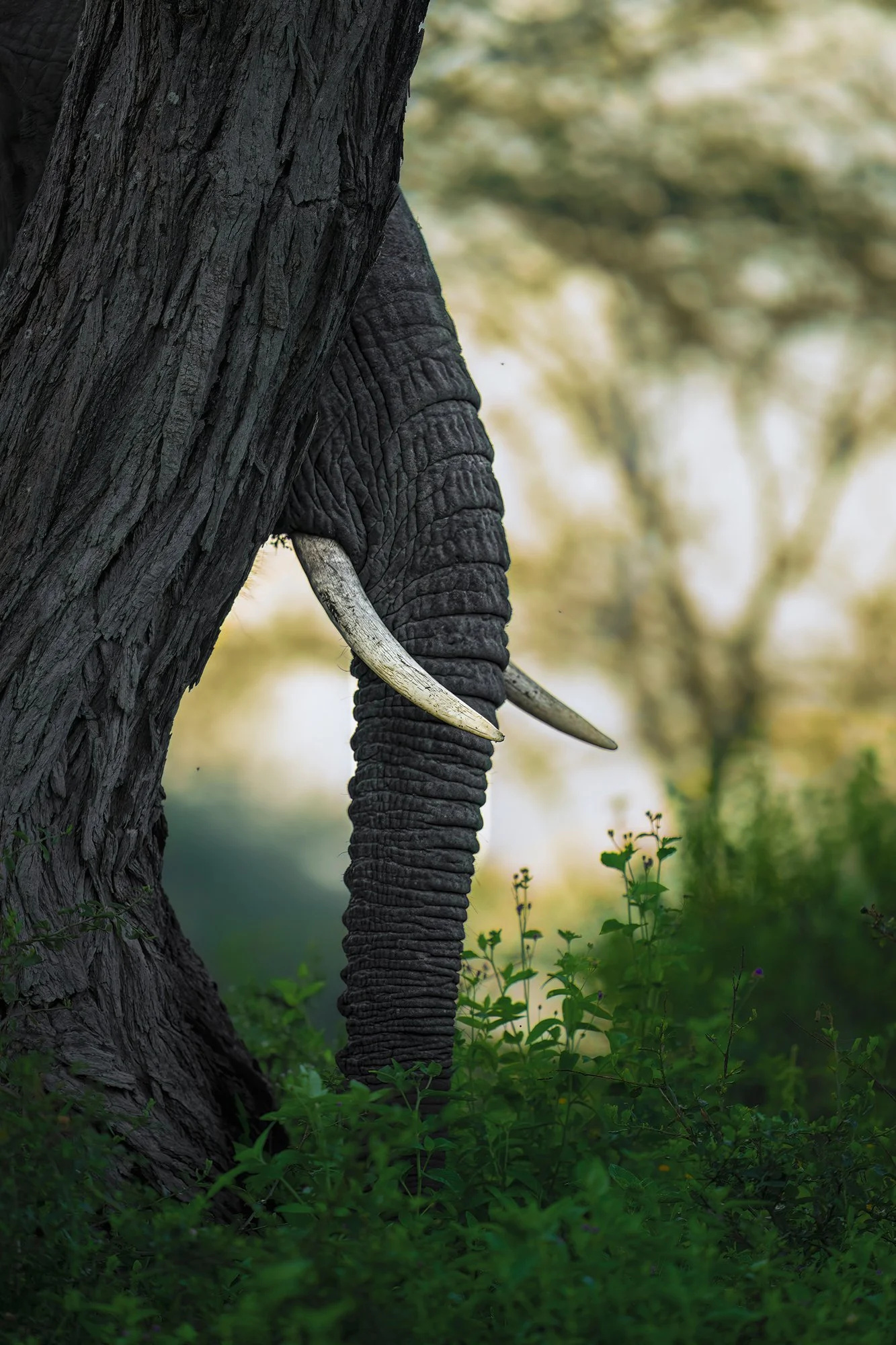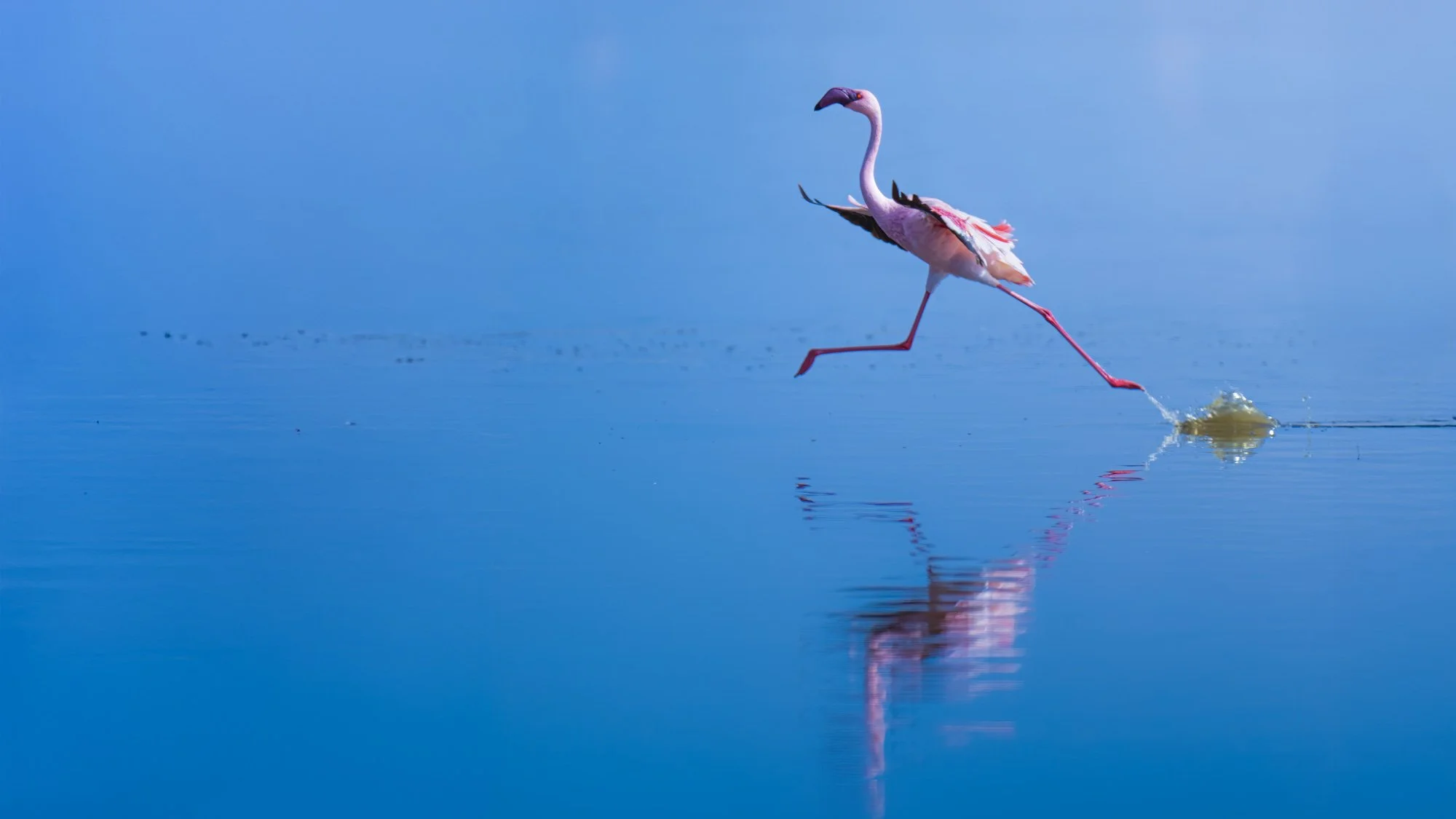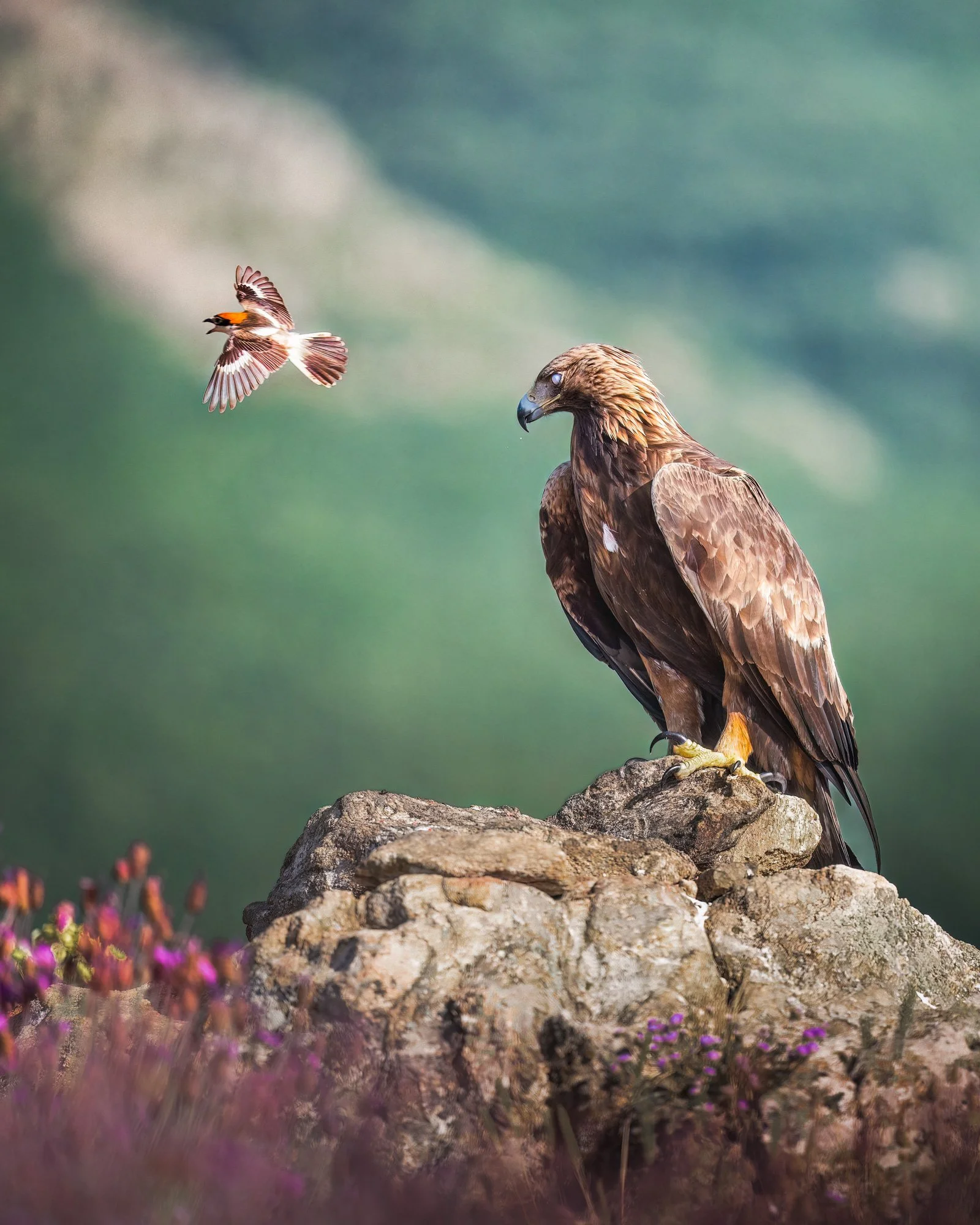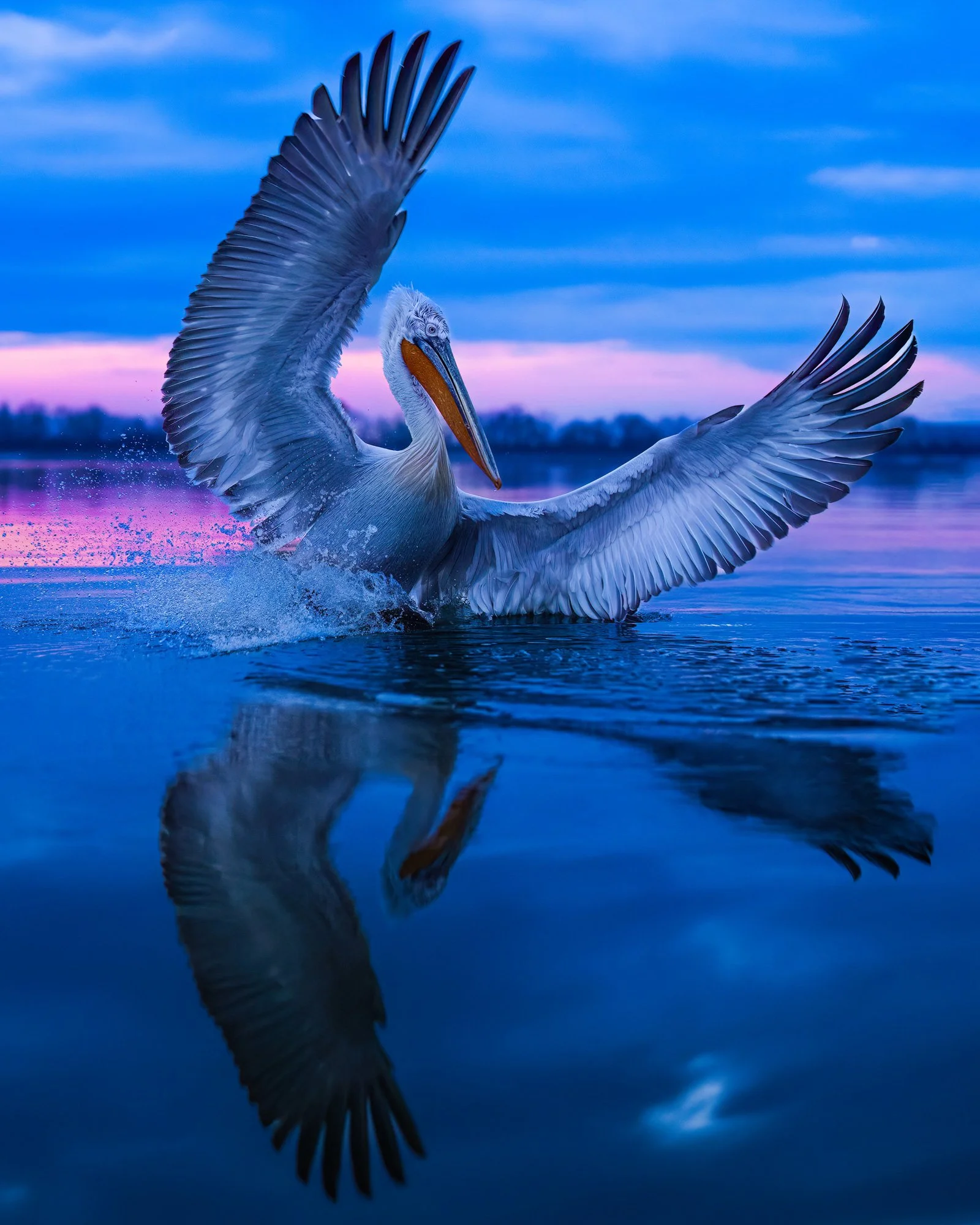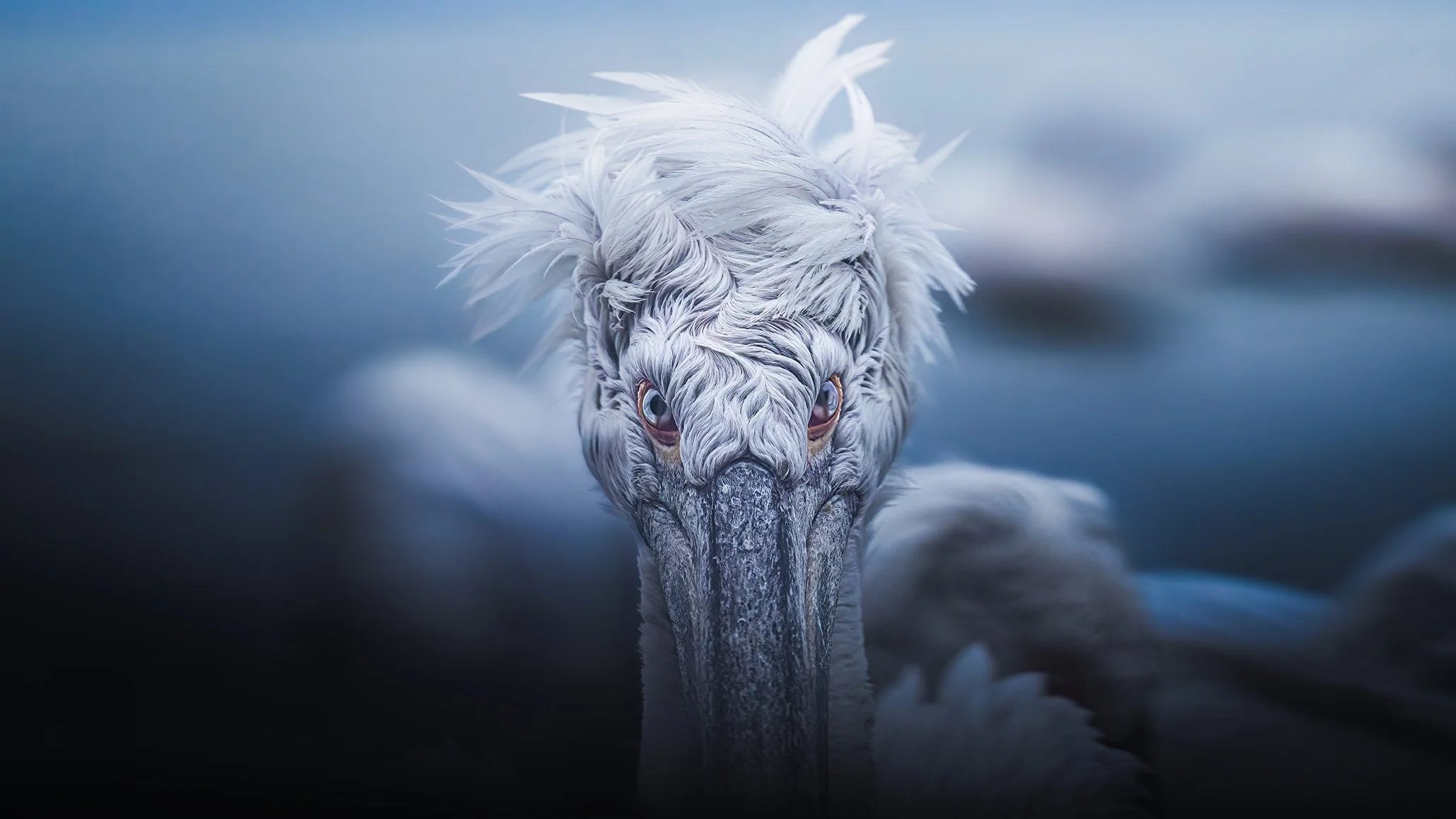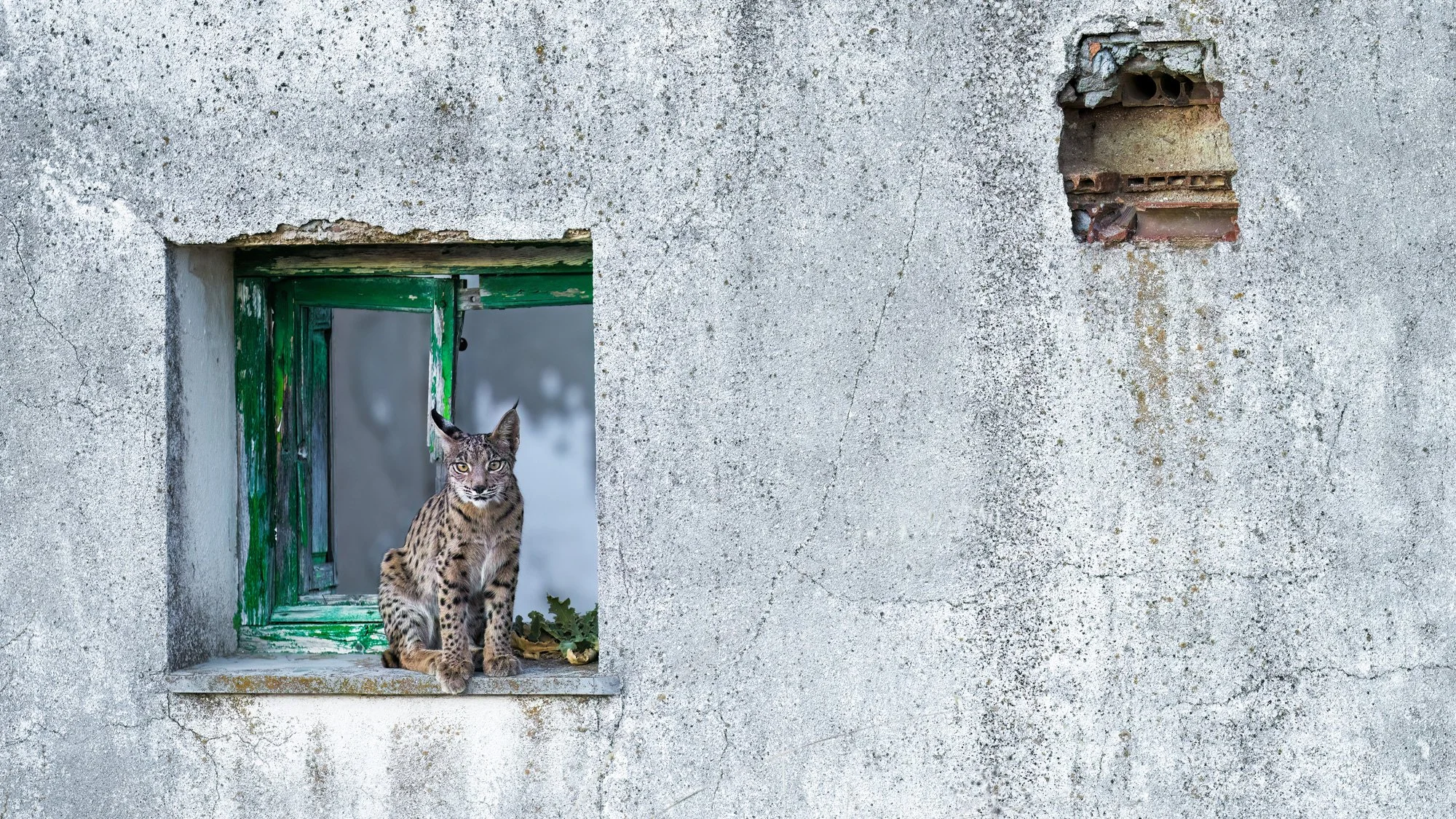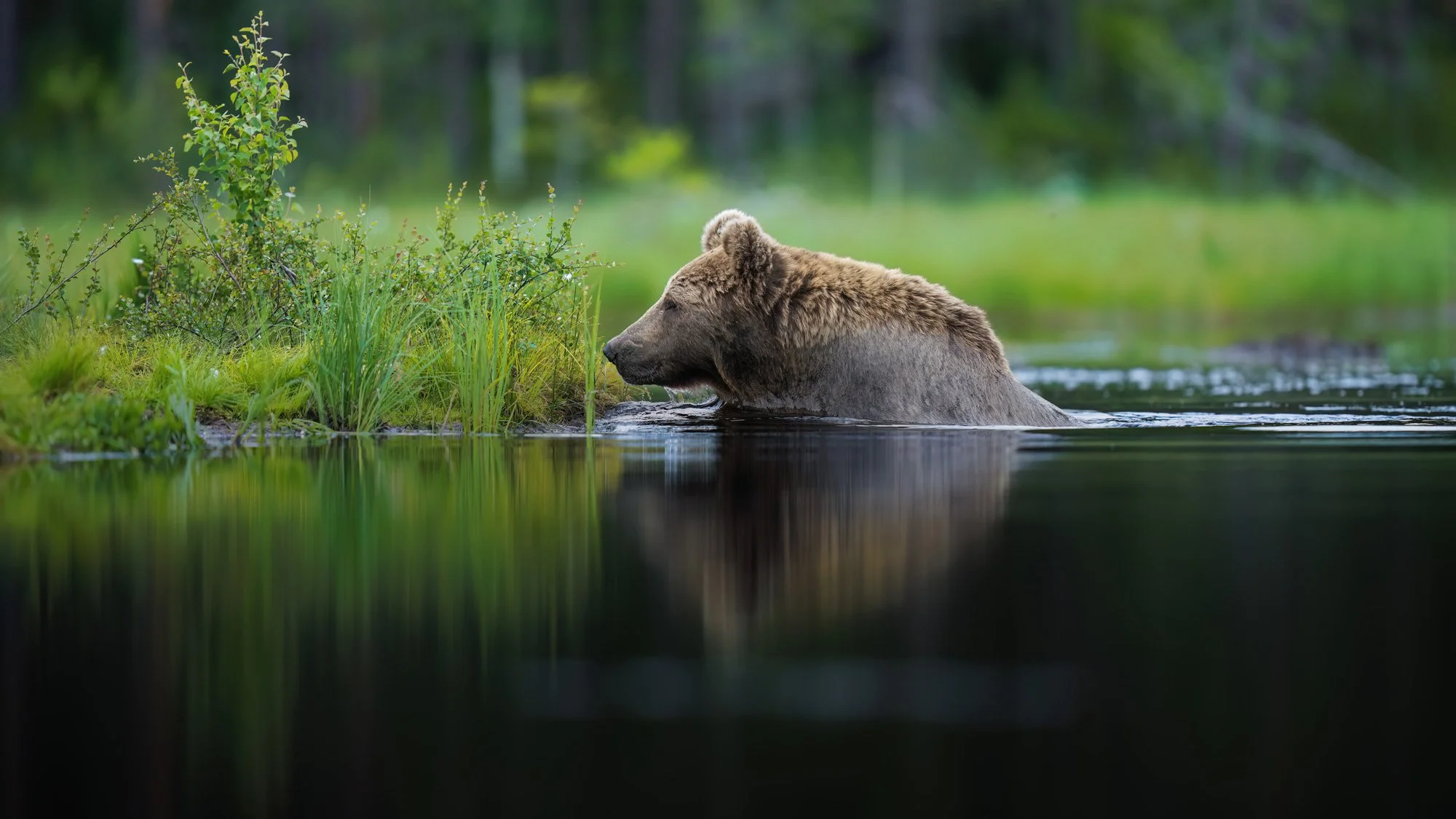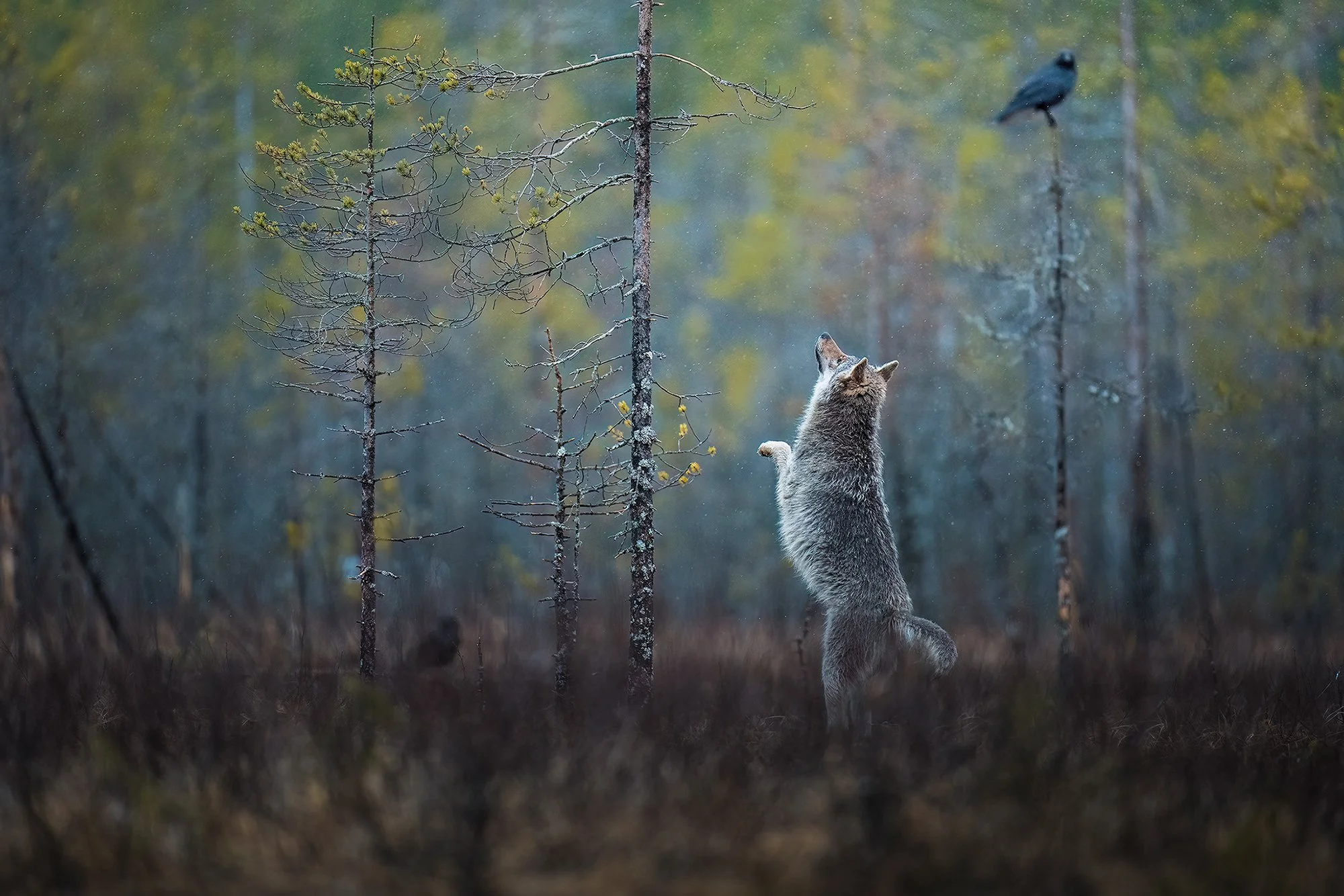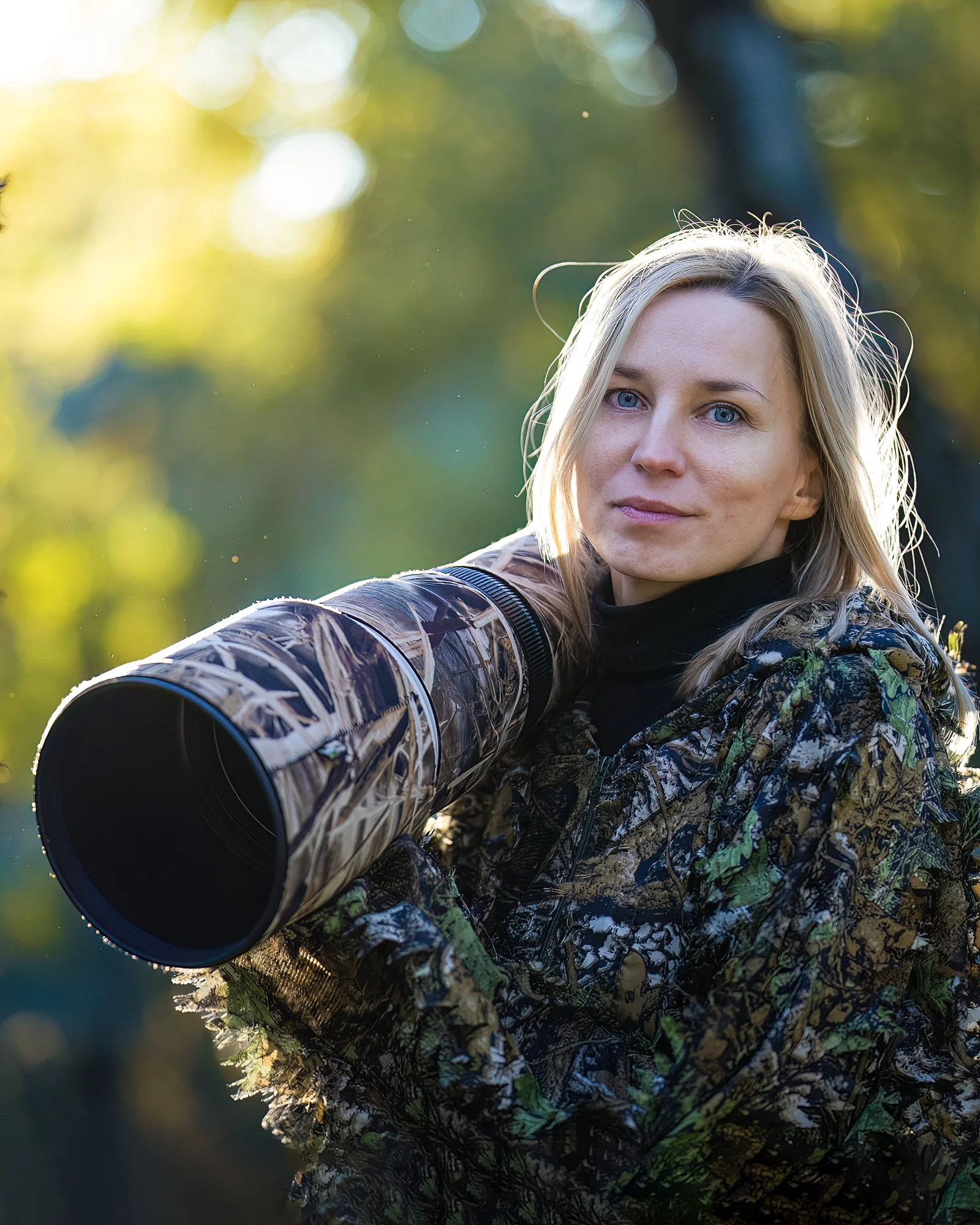PHOTO CONFESSIONAL: Alexandra Surkova
jan 2025 ©alexandra surkova
IF YOU WEREN’T A PHOTOGRAPHER, WHAT OTHER PROFESSION WOULD YOU PICK?
I studied journalism and worked as a journalist for almost 15 years before discovering photography, so I feel fortunate to have pursued two careers I’m truly passionate about.
If I had to imagine another path, I think it would be the combination of both worlds: photojournalism, and more specifically war photography, it could have been a perfect fit for me.
It’s the kind of work that demands both courage and storytelling, which deeply resonates with me.
sep 2022 ©alexandra surkova
WHAT HAS BEEN THE MOST CRUCIAL DECISION YOU HAVE MADE IN YOUR CAREER’s DEVELOPMENT?
Leaving behind a stable, well-paid career to follow my dream of photographing wildlife full-time.
I was terrified, but deep down I knew I had to give it a real shot, or regret it forever.
HOW IMPORTANT IS RESEARCH IN YOUR WORK?
It’s fundamental. Especially in wildlife, without research, you’re just wandering around with a camera.
I spend weeks, sometimes months, studying behavior, habitat, and light conditions before each trip.
feb 2023 ©alexandra surkova
IS THERE A PHOTOGRAPHER/ARTIST WHO IS A CONSTANT REFERENCE FOR YOU?
There are many, but Nick Brandt’s emotional approach to conservation and wildlife photography has always resonated with me.
Sebastião Salgado is another key reference for the depth, humanity, and sheer courage in his storytelling.
And I deeply admire Evgenia Arbugaeva her work aims to capture life in remote Arctic regions in a poetic and atmospheric way.. Her work feels like visual literature; delicate, immersive, and powerful.
WHAT WOULD YOU NOT WANT TO PHOTOGRAPH?
I believe one of the beautiful things about photography is that you can photograph anything. it’s all about the perspective you choose and the story you want to tell. When it comes to animals, the most heartbreaking scenes are those of captivity, especially when they’re exploited for profit or entertainment, mistreated, or hunted. But even in those cases, if the purpose of the image is to raise awareness and shed light on their suffering, then that photograph can become far more powerful and meaningful than a picture of an animal in perfect conditions.
It becomes a tool for change.
AUG 2022 ©alexandra surkova
The small water hole was surrounded by buzzing bees, keeping the lynxes on their toes as they tried to drink. I was so mesmerized by the sight that I didn’t know where to look or which way to aim my lens. At the moments like these, I try to focus on one subject to capture its story. This time, I chose one of the curious little cubs.
As I watched, the cub became fascinated by the bees flitting around and took a small step toward them, intrigued. At that moment, I clicked the shutter and captured this scene.
Only 20 years ago, fewer than 100 of these magnificent creatures remained in the wild. But thanks to an international repopulation program and other conservation efforts, the Iberian lynx has moved from the brink of extinction and is now classified as a vulnerable species.
at what point did you feel you were a photographer, and what made you think that way?
When I photographed an Iberian lynx for the first time, I was shaking so much I almost couldn’t shoot. But the moment I saw the image, I thought: “This is it. This is who I am now.”
WHAT IS THE STARTING POINT OF YOUR CREATIVE PROCESS?
Usually, it starts with a sense of obsession, something I can’t stop thinking about. Sometimes it’s an animal I’ve never seen, a behavior I want to witness, or even just a feeling I want to capture. From there, I dive deep: I research, I scout, I imagine the light, the silence, the moment. Sometimes, before I even take a photo, I’ve already “seen” it in my head. But of course, with wildlife, it rarely works out exactly as planned. animals are not models, and you can’t ask them to pose. So part of the creative process is also learning to let go, to adapt, and to embrace the unexpected.
FEB 2023 ©alexandra surkova
HOW DO YOU DEFINE YOUR PHOTOGRAPHY WITH a #tag
#WildWithSoul
I deeply want my photos to capture not just the wild, but the soul within it. Something raw, emotional, and real.
JUN 2021 ©alexandra surkova
WHAT EQUIPMENT DO YOU USE, AND WHAT IMPORTANCE DO YOU GIVE TO TECHNIQUE?
I use the Sony Alpha 1 and A1 II with fast telephoto lenses like the Sony 300mm f/2.8 or Sony 600mm f/4.
Technique is important, of course, but emotion and storytelling matter much more to me.
I’d rather have a slightly imperfect shot that moves you than a technically perfect one that says nothing.
HOW DO YOU DEAL WITH REJECTION?
To be honest, I don’t participate in that many competitions, and when I do, I fully understand that the outcome is highly subjective. There are so many incredibly talented photographers out there, and I don’t see this field as a competition. I just follow my own path. What would affect me more is being unable to make a project I deeply care about. But even then, I believe there’s always another way, if one door closes, I’ll find a window.
FEB 2025 ©alexandra surkova
HOW DO YOU THINK YOU HAVE ACCOMPLISHED SUCH SUCCESS?
I don’t know if I’d call it “success,” but I think what’s worked for me is being consistent and staying emotionally connected to what I photograph. I try to look for moments that feel different, a bit unexpected. And above all, I’ve always tried to follow my instincts instead of doing what everyone else is doing. That’s helped me stay true to my voice.
MAY 2025 ©alexandra surkova
HOW DO YOU APPROACH STRANGERS IN YOUR PROJECTS OR TO INCLUDE IN YOUR PROJECTS?
With respect, empathy, and honesty. Whether it’s a local tracker, a guide, or a child in a conservation project, I always try to create real connections before lifting my camera.
SEP 2024 ©alexandra surkova
IS IT COMMON FOR YOU TO QUESTION YOURSELF OR YOUR PHOTOGRAPHY?
All. The. Time.
I think self-doubt is part of being a creative.
But questioning is also what pushes me to evolve and not settle.
JUL 2023 ©alexandra surkova
WHAT DOES IT MEAN TO YOU TO BE A WOMAN PHOTOGRAPHER? HOW HAS IT AFFECTED YOUR PROJECTS?
It means learning to take up space, even when you're not expected to. It has definitely shaped how I approach certain environments, sometimes with more caution, sometimes with more empathy. But above all, it’s made me want to inspire other women to step into this field.
MAY 2025 ©alexandra surkova
WHAT WOULD YOU SAY TO A NEW PHOTOGRAPHER WHO IS JUST STARTING OUT?
Be patient, stay endlessly curious, and don’t waste time trying to imitate others — the only truly unique thing you have is your way of seeing the world.
Protect that. Nurture it.
You’ll doubt yourself, you’ll feel lost, and you’ll question your work more than once — and that’s part of the journey.
But don’t wait until you feel “ready” or perfect. You’ll never be.
Just start. Start messy, start afraid, start now.
Because the only way to find your voice… is by using it.
ABOUT alexandra surkova
Alexandra Surkova is a professional wildlife photographer based in Spain. Born in the former USSR and trained as a journalist, she spent over a decade working as an editor-in-chief, crafting narratives about the human world — before surrendering to a deeper calling: the wild. Her camera became her second voice — one that speaks in light, silence, and instinct. Her work has been featured in National Geographic, El País, Sony Alpha Universe, Mother Magazine, and beyond. It does not seek perfection — it seeks presence. Raw, emotional, and unfiltered truth.
She has collaborated with leading brands such as Sony, Leica, WWF, and Sigma, and now leads intimate photographic expeditions across Africa, South America, Asia and Europe. Each journey is guided by curiosity, respect, and a fierce belief in ethical storytelling. Her images are not just about animals, they are about connection, memory, and the invisible threads that tie us to the living world.
portrait by Luca Germini

